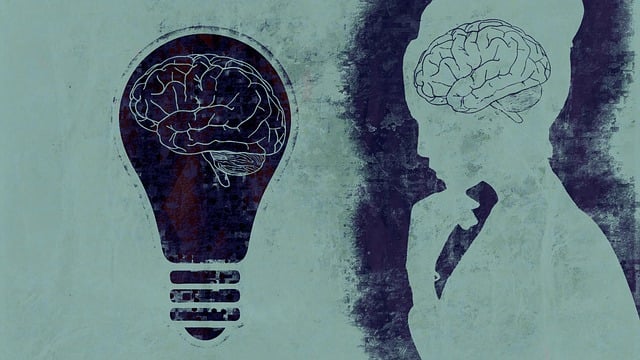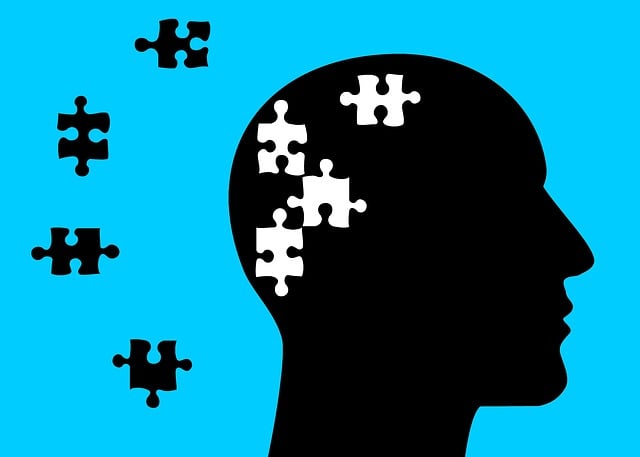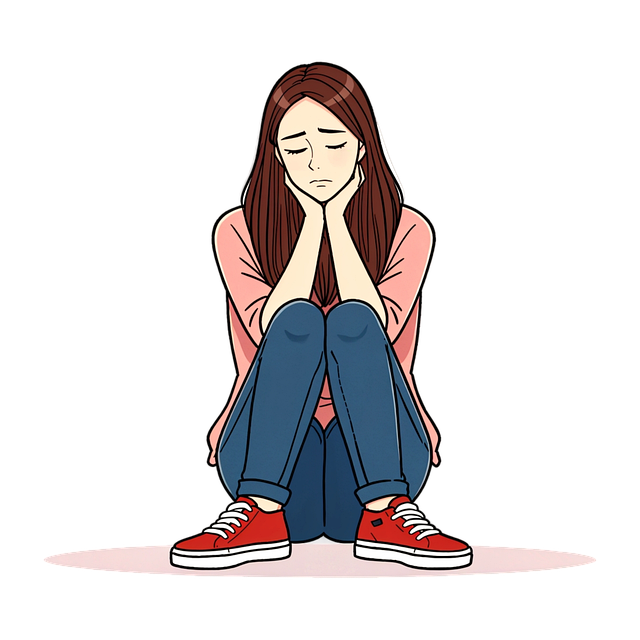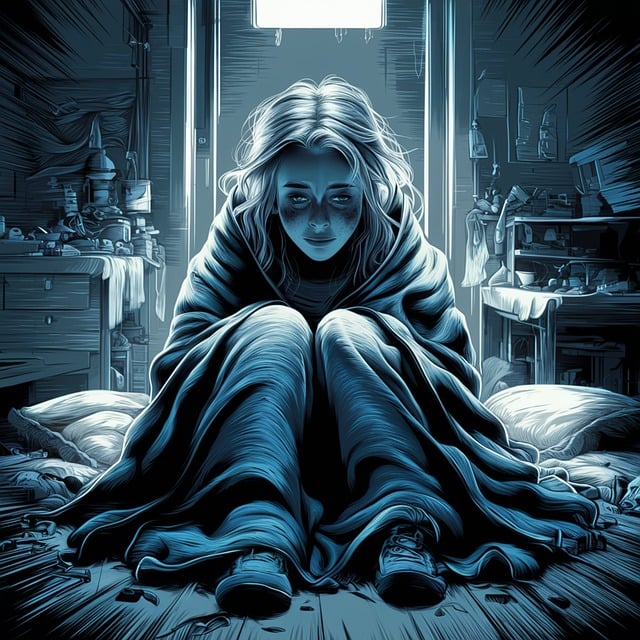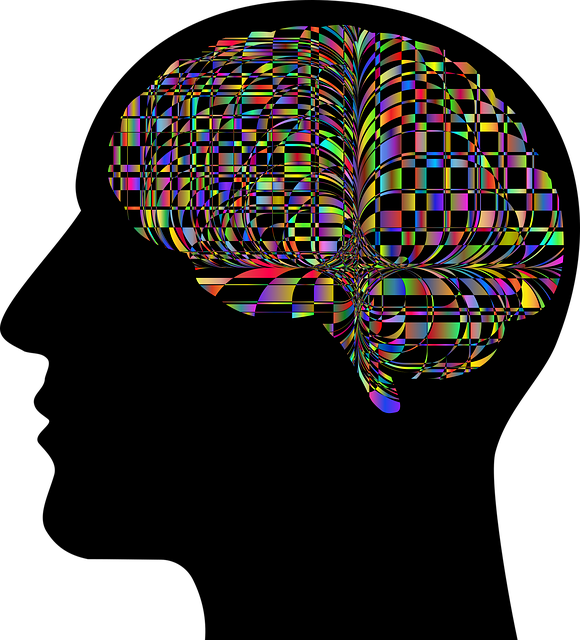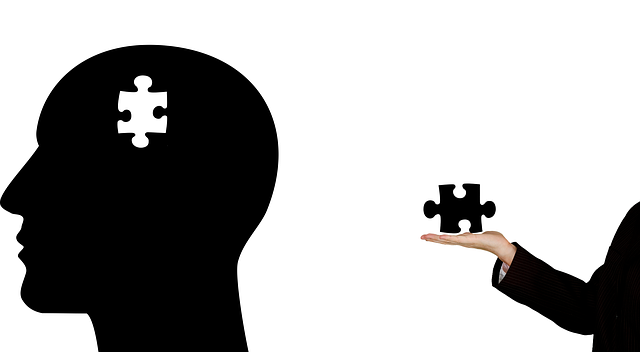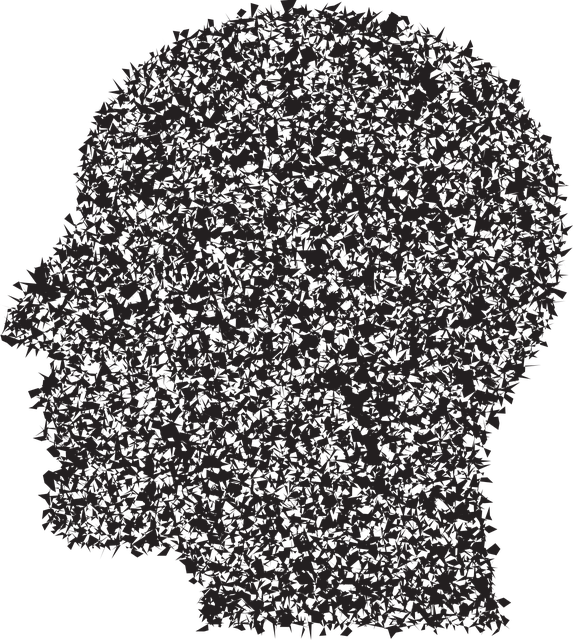Adult male mental health faces unique challenges due to societal expectations and a lack of emotional open dialogue, leading to stress, anxiety, and depression. Tailored therapy specifically designed for men's issues offers safe spaces to explore feelings, learn effective conflict resolution, and manage stress through CBT. Professional support is crucial, with specialized therapists providing gender-specific approaches and evidence-based practices for improved mental wellness outcomes in adults.
In today’s fast-paced world, prioritizing mental wellness is paramount, especially for adult males facing unique challenges. This article guides you through developing a robust self-care routine tailored to men’s mental health needs. We explore the foundations of self-care, offering practical strategies to integrate daily rituals that nurture mindfulness and emotional well-being. Furthermore, we delve into therapy options specifically designed for adults’ male issues, emphasizing the importance of seeking professional support when needed.
- Understanding Adult Male Mental Health Challenges
- The Foundation of Self-Care for Men's Mental Wellness
- Practical Strategies for Integrating Daily Rituals
- Seeking Professional Support: Therapy Options for Men
Understanding Adult Male Mental Health Challenges

Understanding Adult Male Mental Health Challenges
In today’s fast-paced world, adult male mental health challenges often go unnoticed and unaddressed. Societal expectations and stereotypes contribute to a reluctance in seeking therapy for adults men, creating a profound impact on their overall mental wellness. Many face unique pressures such as financial responsibilities, career demands, and traditional gender norms that can lead to stress, anxiety, and depression. These issues are further exacerbated by a lack of open dialogue about emotions and mental health within male-dominated circles.
Therapy for adults men is not just essential but often transformative. It provides a safe space to explore and express feelings without judgment, offering valuable tools for conflict resolution techniques. Cultural sensitivity in mental healthcare practice plays a crucial role, ensuring that therapy aligns with the individual’s values and experiences while acknowledging the broader societal context. By embracing these practices, we can foster better mental wellness outcomes for adult men, encouraging them to prioritize their emotional well-being without hesitation.
The Foundation of Self-Care for Men's Mental Wellness

Men often face unique challenges when it comes to mental wellness, and establishing a robust self-care routine is a powerful tool for navigating these issues. The foundation of self-care for men’s mental health lies in recognizing and addressing specific needs that may differ from women’s. Therapy for adults, specifically tailored to men’s issues, can provide a safe space to explore emotions, challenges, and experiences often influenced by societal expectations and gender norms.
One essential aspect is learning effective stress management techniques. With guidance, men can develop healthy coping mechanisms to deal with daily pressures, enhancing overall mental wellness. Social skills training is another valuable component, fostering connections and improving interpersonal relationships, which are crucial for emotional well-being. Additionally, maintaining a Mental Wellness Journaling Exercise can offer clarity and self-reflection, allowing individuals to track their progress and identify patterns in their thoughts and behaviors.
Practical Strategies for Integrating Daily Rituals

Developing a mental wellness self-care routine involves integrating practical strategies into your daily life. Start by identifying activities that promote relaxation and emotional balance, such as mindfulness meditation, deep breathing exercises, or engaging in hobbies you enjoy. Incorporate these rituals consistently, whether it’s setting aside 10 minutes each morning for reflection or scheduling weekly walks in nature. Remember, self-care isn’t just about treating symptoms; it’s about cultivating a healthy relationship with yourself and your thoughts.
For adults facing mental health challenges, especially men, therapy can be a powerful tool. Mind over matter principles emphasize the importance of challenging negative thought patterns and replacing them with positive affirmations. Consider seeking professional help if you’re struggling, as a risk assessment for mental health professionals can guide personalized treatment plans. Through therapy, you can learn coping mechanisms tailored to your unique needs, fostering better mental wellness alongside your self-care routine.
Seeking Professional Support: Therapy Options for Men

Seeking professional support is a crucial step in developing a robust self-care routine, especially for men navigating adult issues. Therapy offers a safe space to explore and process emotions, thoughts, and experiences that may be challenging or traumatic. Many mental health professionals specialize in gender-specific approaches, recognizing the unique societal pressures and expectations faced by men.
Cognitive Behavioral Therapy (CBT), for instance, is a widely used therapeutic method that helps individuals identify and change negative thought patterns and behaviors. This evidence-based practice has shown effectiveness in treating various adult issues, including stress, anxiety, and depression. It empowers men to develop healthy coping strategies and enhance their overall well-being, forming a solid foundation for a balanced self-care routine.
Developing a mental wellness self-care routine is a proactive step towards overcoming the unique challenges men face in adulthood. By understanding the importance of mental health and adopting strategies from the foundations to practical rituals, individuals can take control of their well-being. The article has highlighted the significance of therapy as a powerful tool for adults with male-specific issues, offering various options to suit different needs. Remember, seeking professional support is not a sign of weakness but a brave step towards healing and growth. With dedication and the right resources, men can navigate their mental health journeys successfully.
